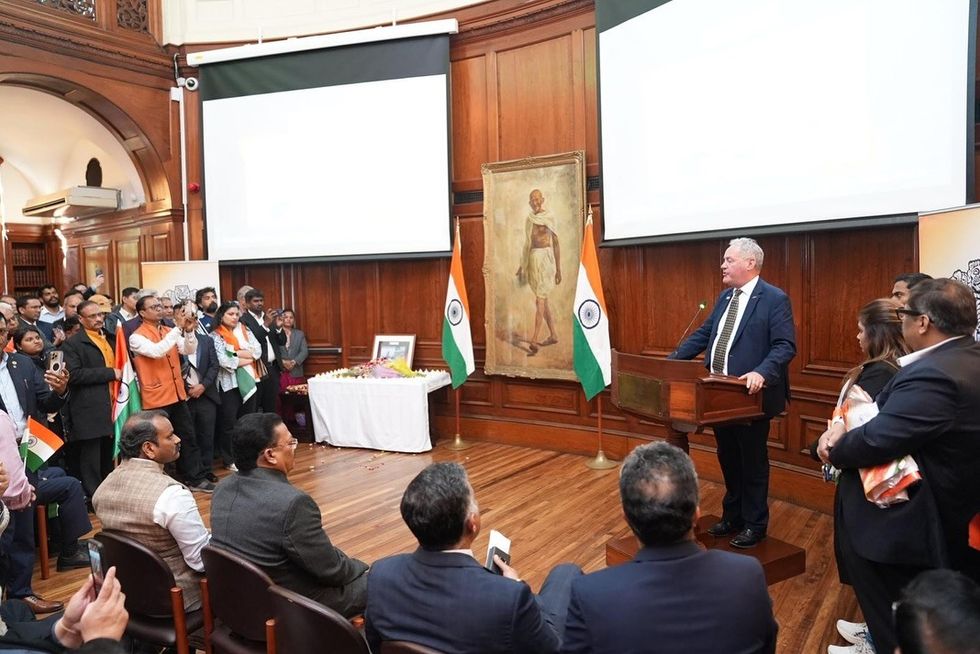CONCERNS are mounting over the condition of the Taj Mahal, with critics alleging that neglect under India’s ruling party is leading to its deterioration.
Recent photos circulated on social media show cracks in the marble walls, a leaking dome, and a tree growing from a pillar, raising alarm about the monument’s state.
The Taj Mahal, built in the 17th century by Mughal emperor Shah Jahan in memory of his wife Mumtaz, attracts eight million visitors annually.
Torrential rains in Agra reportedly caused water to leak from the dome, reaching the lower chamber where the tombs of Shah Jahan and Mumtaz are housed, reported The Times. Visitors also shared photos of visible cracks in the marble and a broken lattice screen. One visitor posted an image of a peepul tree growing from a pillar, which prompted further concern about the monument's future.
Akhilesh Yadav, an opposition MP and former chief minister of Uttar Pradesh, accused Yogi Adityanath, the current chief minister and ally of Indian prime minister Narendra Modi, of failing to maintain the site. Yadav stated, “Water is dripping from the main dome … plants [are] growing. If the roots of trees like these grow, then the Taj Mahal may crack.”
Some locals believe Adityanath is indifferent to the monument’s decline due to its association with Mughal history. Altaf Hyder Razvi, a Muslim politician, called for an independent investigation, saying, “What’s going on has to be investigated independently,” reported the newspaper.
Rajkumar Patel, the Agra Archaeological Survey of India (ASI) official, acknowledged the problems and said repairs would be made, The Times reported.
Conservators have been working for decades to preserve the monument, with the Supreme Court periodically ordering action against pollution from nearby factories that causes the stone to yellow.



















 Bob Blackman MP speaks during the event
Bob Blackman MP speaks during the event